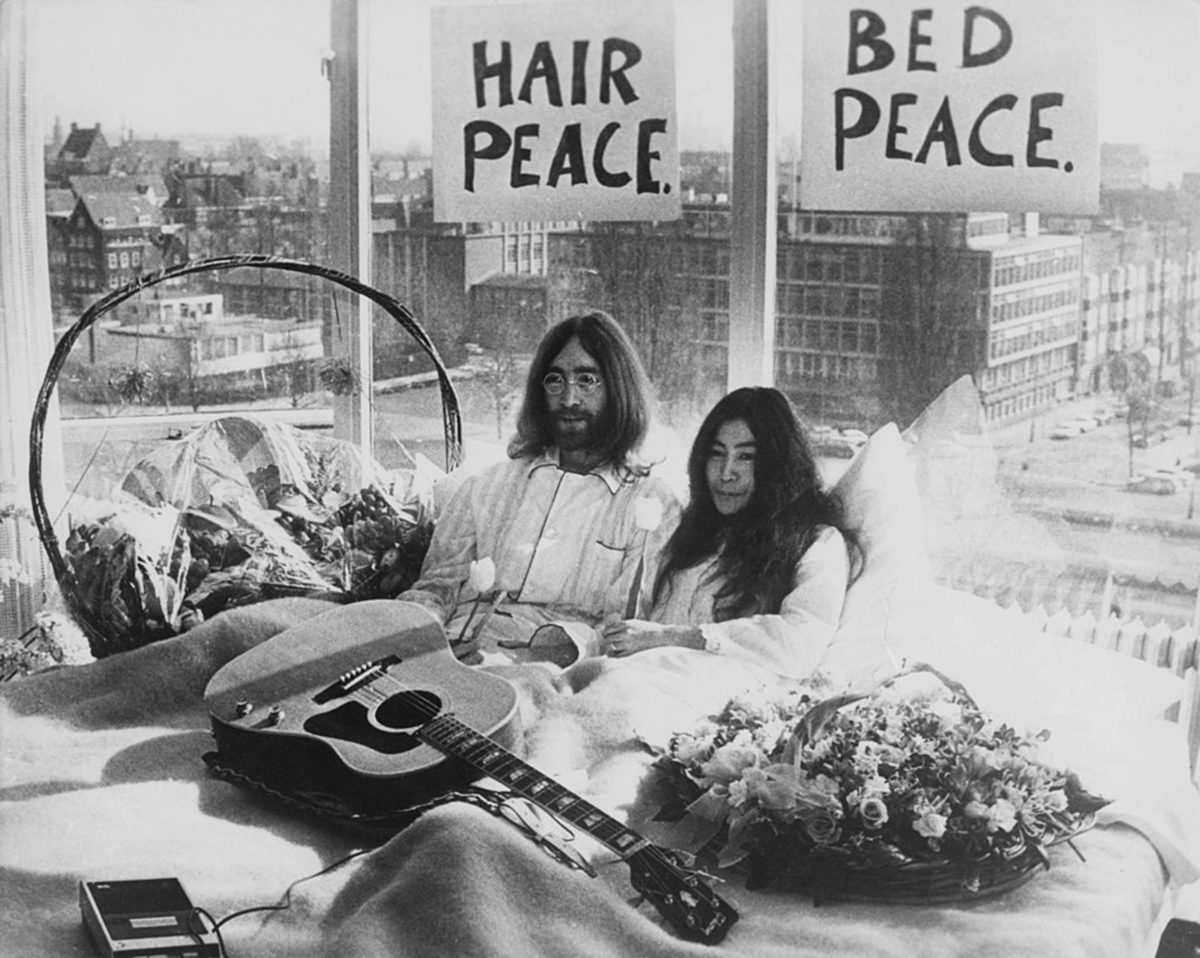SAMUEL HYLAND
After introducing hip-hop audiences to a gritty, trap-infused New York flair with the release of his first two albums in 2013 and 2015 respectively, A$AP Rocky sought to expand his creative repertoire in his third LP.
The result?
“Testing is completely out of step with any mainstream album you’re likely to hear this year,” one review from The Guardian said. “(it) suggests that Rocky’s heydey is in the rearview.”
When a painter transcends the boundaries of his/her genre, however, thousands flock to museums to celebrate what is hailed as abstract art. Why is it that when a musician does the same, it “suggests that their heydey is in the rearview”?
Too often, we fail to recognize that music- like art- has the right to be abstract.
Our culture has applauded displays of experimentalism in other mediums for decades. When Supreme put its logo on Oreo cookies, they sold on eBay for as high as 17,000 USD. When Balenciaga came out with a 7-layer parka that many found ridiculous, consumers were willing to take $9,000 out of their pockets to get their hands on one. And, when science fiction burst onto the scene of 20th Century literature through Gernsback’s Amazing Stories magazine, America quickly caught on – eventually expanding the genre into something much bigger.
As for music, though, creativity only exists when an artist sticks to the norms of his/her respective genre – and anything beyond that is dismissed as “experimental.”
A$AP Rocky is one of many artists that have attempted to tread this line.
“I feel like I’m just changing sounds again, and it takes some getting used to,” he told the New York Times in a 2018 interview. “It’s unorthodox. I don’t completely know what I’m doing, I just know what I like and what I don’t like.”
The described transition is one of the most important – and overlooked – points in a musician’s career: when they decide that they will make music that speaks to how they identify artistically, rather than devote their careers to satisfying as many listeners as possible. It’s bold. It’s daring. It’s creativity.
But it’s also a huge risk. And that’s the problem.
While we’ve rewarded composers of other mediums for exerting similar genre-defiance, we’ve punished music figures for doing the same.
John Lennon’s ‘Unfinished Music No. 1’? “Possibly the worst piece of manufactured garbage I have ever listened to,” wrote one AllMusic user.
The Stooges’ ‘Self-Titled’? “Loud, boring, tasteless, unimaginative and childish,” a Rolling Stone review concluded.
Shouldn’t artists have a right to their own artistry?
Frankly, yes.
But they don’t, because we’ve crossed our boundaries as consumers.
It’s not about creators creating for their own expression anymore – we’ve made it about whether we like it or not.

